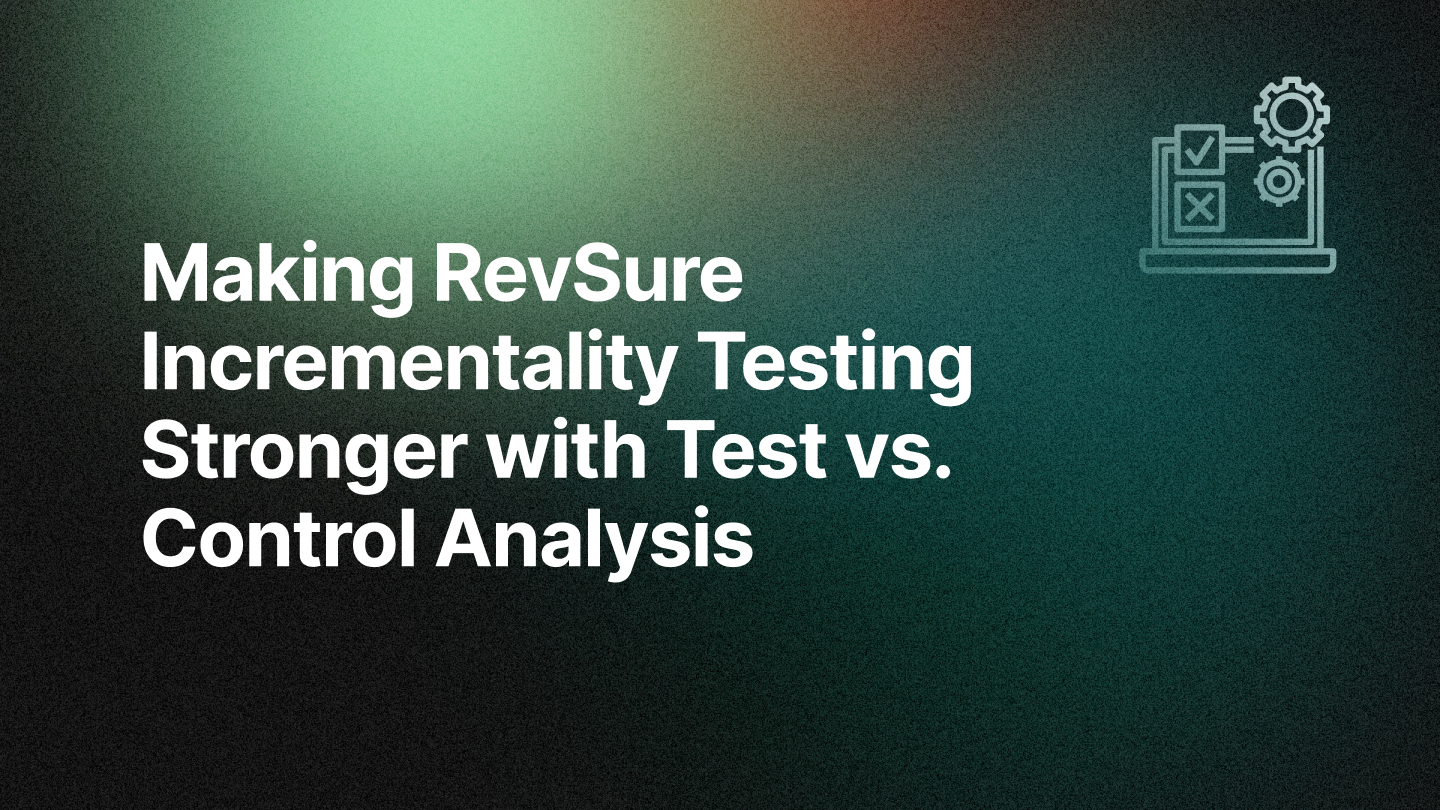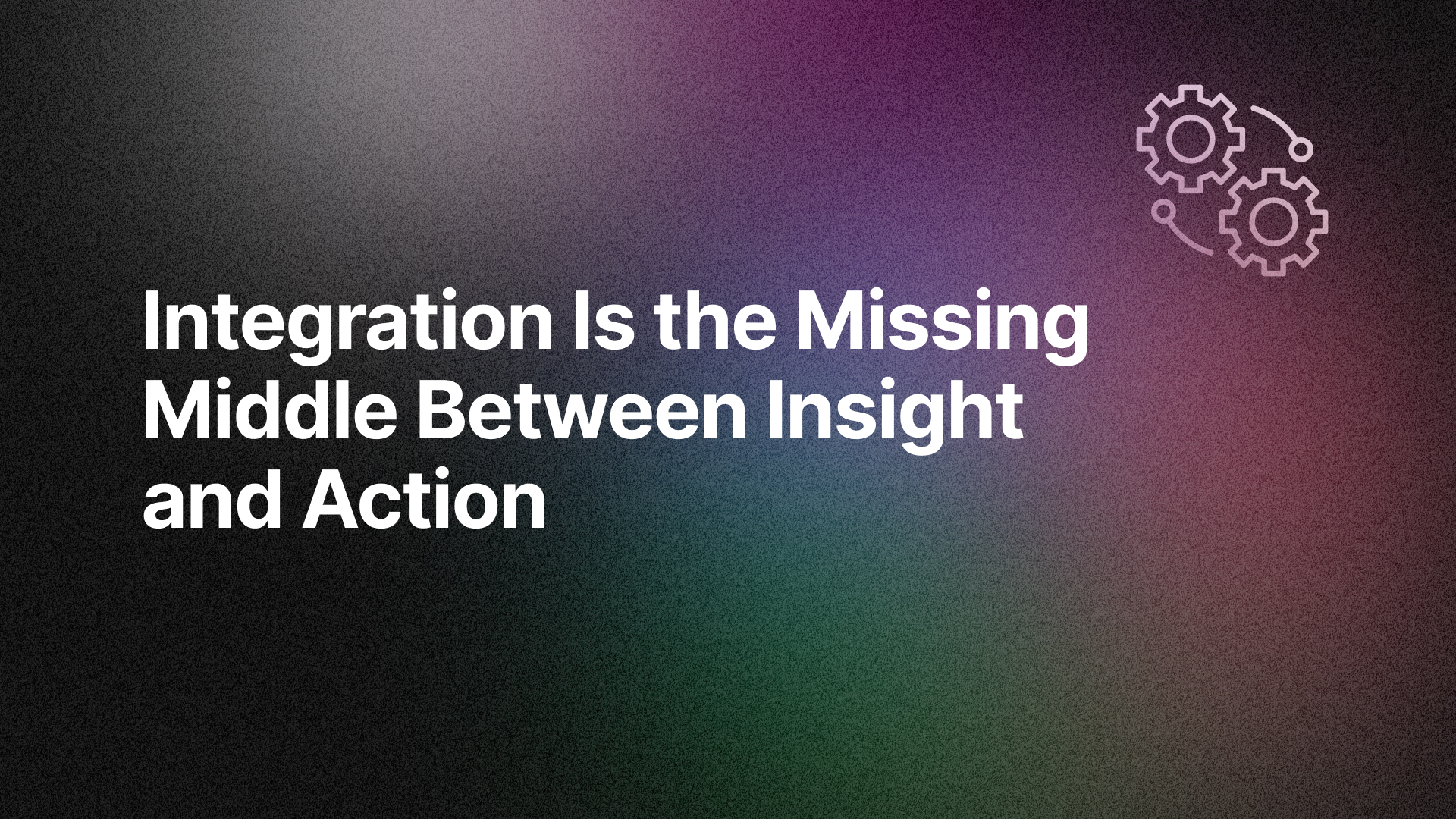In B2B marketing, the customer journey is far from linear. Unlike B2C environments, where purchase decisions are often quick and driven by individual preferences, B2B sales involve multiple stakeholders, lengthy decision cycles, and numerous touchpoints. This complexity makes it difficult for marketers to determine which efforts are truly driving conversions and generating revenue. This is where deep funnel attribution becomes critical.
What is Deep Funnel Attribution?
Deep funnel attribution is an advanced marketing measurement approach that provides a comprehensive view of the customer journey. It allows businesses to understand how various touchpoints contribute to conversions. This method goes beyond traditional single-touch models, enabling marketers to make data-driven decisions that boost campaign effectiveness and optimize budget allocation.
AI-powered tools like RevSure.ai are ideal for deep funnel attribution. By combining marketing attribution with full-funnel management, businesses gain deeper insights into buyer journeys. This enables mapping conversion paths through every touchpoint and identifying the next best actions to keep buyers engaged.
Key Use Cases for Deep Funnel Attribution
1. Optimizing Marketing Strategies for Long Sales Cycles
B2B marketing often involves long sales cycles due to the involvement of multiple stakeholders. Recent research shows that the average B2B buying cycle has increased by 22%. During this extended process, prospects engage in various touchpoints, such as product demos and trial offers.
Deep funnel attribution helps identify which interactions drive prospects closer to a purchase decision. For example, if live demos significantly increase conversion rates, marketers can allocate more resources to promoting and improving these sessions. This data-driven approach shortens sales cycles and enhances conversion rates.
2. Enhancing Account-Based Marketing (ABM)
Account-Based Marketing (ABM) targets high-value accounts with personalized campaigns. However, measuring ABM success can be challenging due to multiple stakeholders and touchpoints. According to Cyance, companies that use ABM report an 84% improvement in engagement with targeted accounts.
Deep funnel attribution allows ABM teams to analyze their campaigns at every stage of the funnel. For instance, if data reveals that personalized email campaigns followed by one-on-one consultations drive the most engagement, marketers can focus on replicating these tactics across other high-value accounts.
3. Improving Lead Nurturing Programs
Lead nurturing is essential for businesses with long sales cycles. However, not all nurturing activities are equally effective. A study found that companies excelling at lead nurturing generate 50% more sales-ready leads at a 33% lower cost.
Deep funnel attribution identifies which nurturing activities most effectively convert leads into customers. For instance, if whitepapers or webinars drive higher conversions, marketers can prioritize these types of content in their nurturing workflows, moving prospects through the funnel more efficiently.
4. Aligning Sales and Marketing Efforts
For many B2B organizations, sales and marketing teams often operate in silos. However, aligning these teams is crucial for maximizing revenue. According to the Demand Gen Report, companies with aligned sales and marketing teams achieve 19% faster revenue growth and 15% higher profitability.
Deep funnel attribution bridges this gap by offering a clear view of how marketing activities contribute to sales. If data reveals that specific campaigns lead to higher-quality leads, sales teams can focus their efforts on those leads, ensuring alignment toward common goals and improving overall outcomes.
5. Refining Content Marketing Strategies
Content marketing is a core strategy in B2B marketing, particularly for educating prospects on complex products. However, not all content is equally effective at every stage of the funnel. Deep funnel attribution helps marketers pinpoint which types of content drive conversions in the later stages of the customer journey.
For instance, if case studies and customer testimonials prove to be effective at the decision-making stage, marketers can prioritize creating more of this content. Similarly, understanding the value of product comparison guides and ROI calculators can lead to more targeted content creation for bottom-of-the-funnel prospects.
6. Maximizing ROI on Paid Media Campaigns
Paid media, such as PPC advertising, plays a key role in B2B marketing. However, these campaigns can be expensive, so ensuring strong ROI is essential. A study by Mangrovea found that B2B companies using advanced attribution models see a 20% increase in paid media ROI.
By analyzing the impact of paid media campaigns on deep funnel interactions, marketers can determine which efforts lead to high-value conversions, such as demo requests or trial sign-ups. This insight allows marketers to optimize their ad spend and reduce wasted budget, improving ROI.
7. Supporting Customer Retention and Upsell Strategies
In B2B marketing, retaining customers and driving upsell opportunities is just as important as acquiring new clients. Deep funnel attribution helps identify the key post-sale interactions that drive loyalty and repeat purchases.
By analyzing activities like customer onboarding, training sessions, and ongoing support, marketers can create targeted retention and upsell strategies that maximize customer lifetime value.
8. Driving Data-Driven Decision Making
Ultimately, deep funnel attribution empowers B2B marketers to make data-driven decisions. By offering a clear view of how different marketing efforts contribute to sales, deep funnel attribution enables marketers to allocate resources effectively, optimize strategies, and demonstrate ROI to stakeholders.
For example, if a webinar series drives a significant percentage of high-quality leads, marketers can justify further investment in similar events. On the flip side, they can reduce spending on activities that have little impact on conversions.
Conclusion
Deep funnel attribution addresses critical challenges in modern B2B marketing. By providing a holistic view of the customer journey, it allows businesses to optimize strategies, improve ROI, and align sales and marketing efforts. As the marketing landscape continues to evolve, adopting deep funnel attribution will be essential for driving sustainable growth and staying competitive.
Whether you're enhancing ABM efforts, refining content marketing strategies, or maximizing ROI on paid media, deep funnel attribution offers actionable insights that can transform your marketing approach. Incorporating it into your strategy will pave the way for long-term success in the competitive B2B landscape.
If you're interested in learning more about RevSure's Deep Funnel Attribution, let's talk.
Related Blogs





.jpg)


